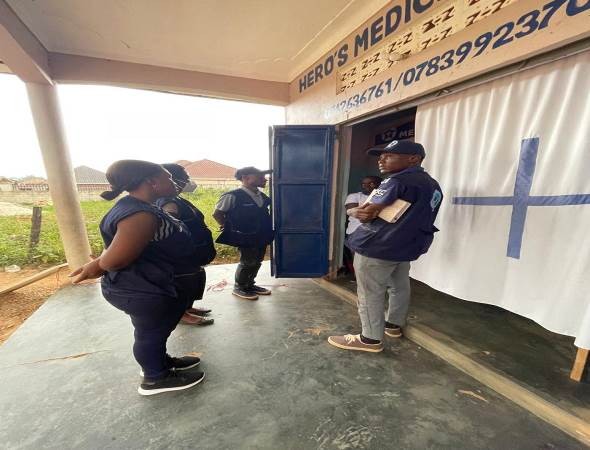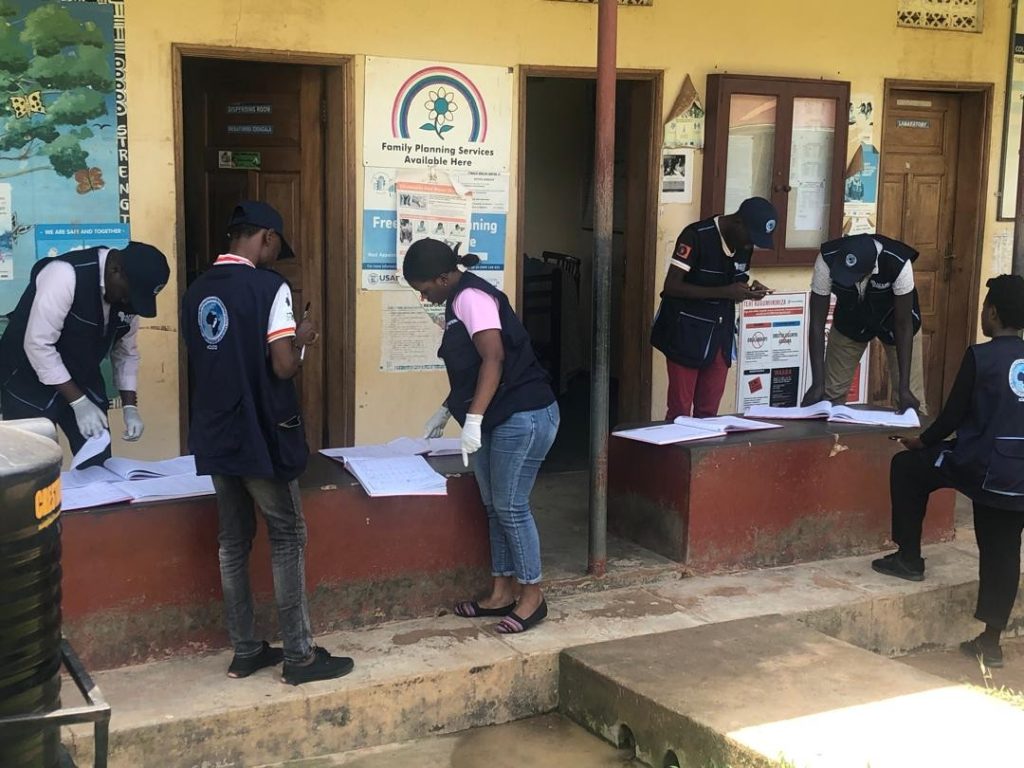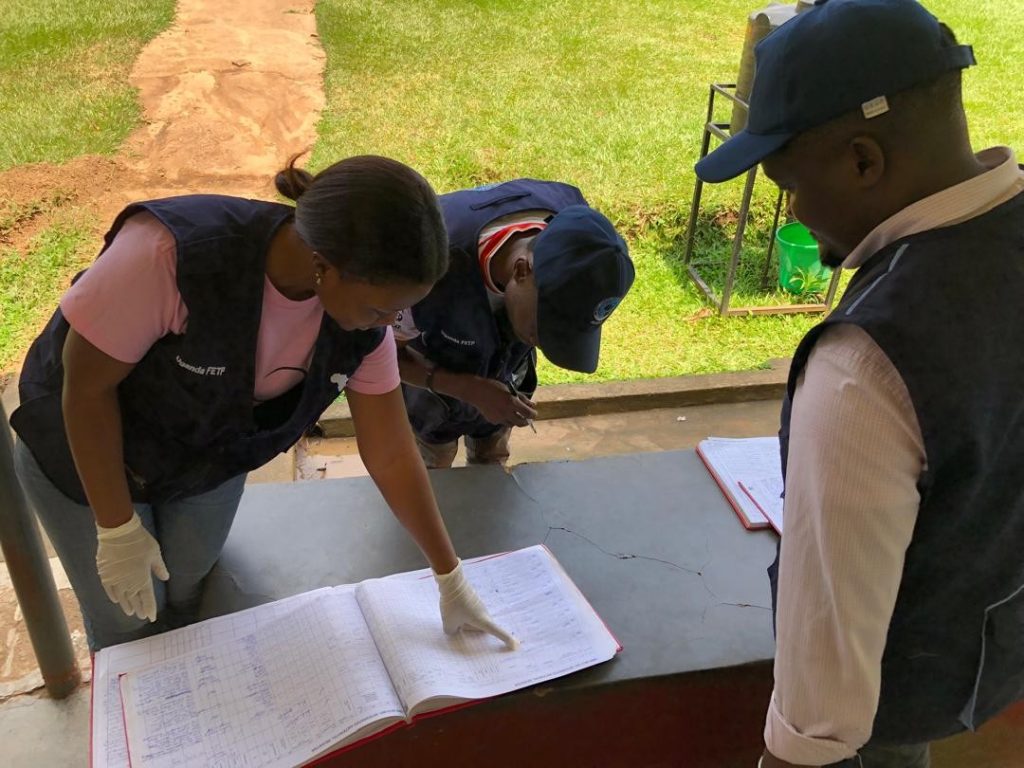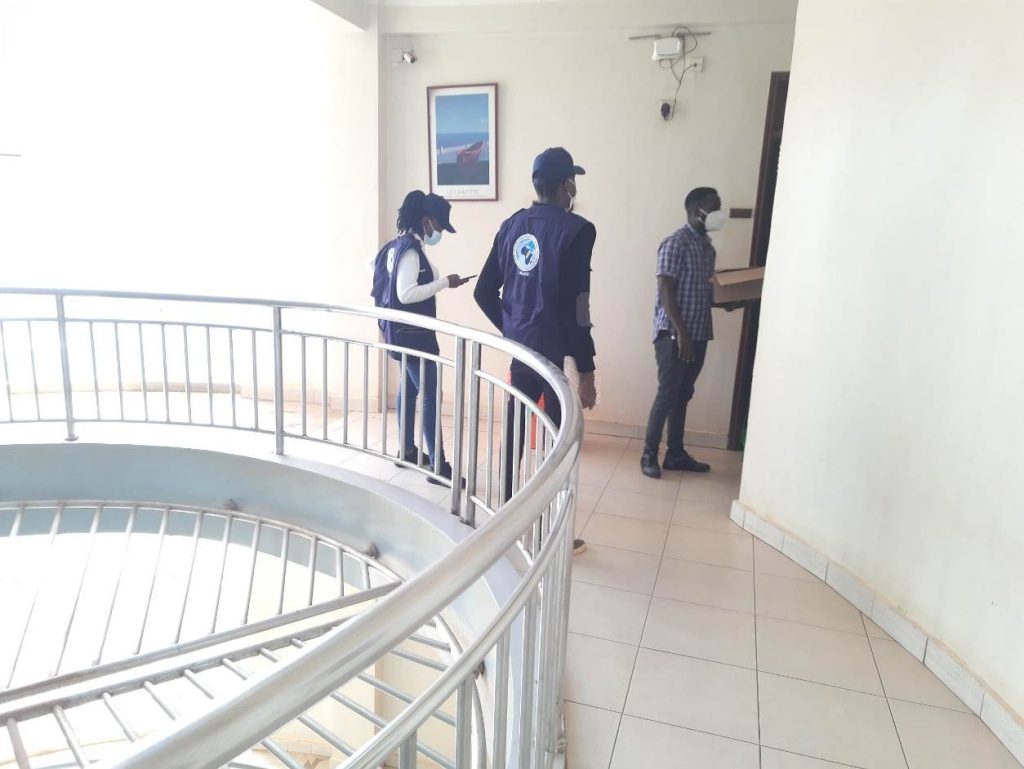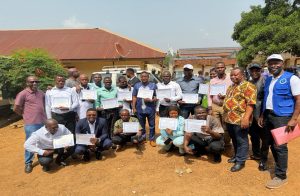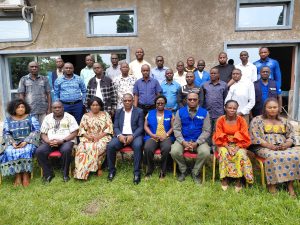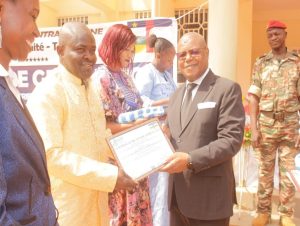Lessons learned from five days of Ebola case finding in Uganda
-
by
AFENET
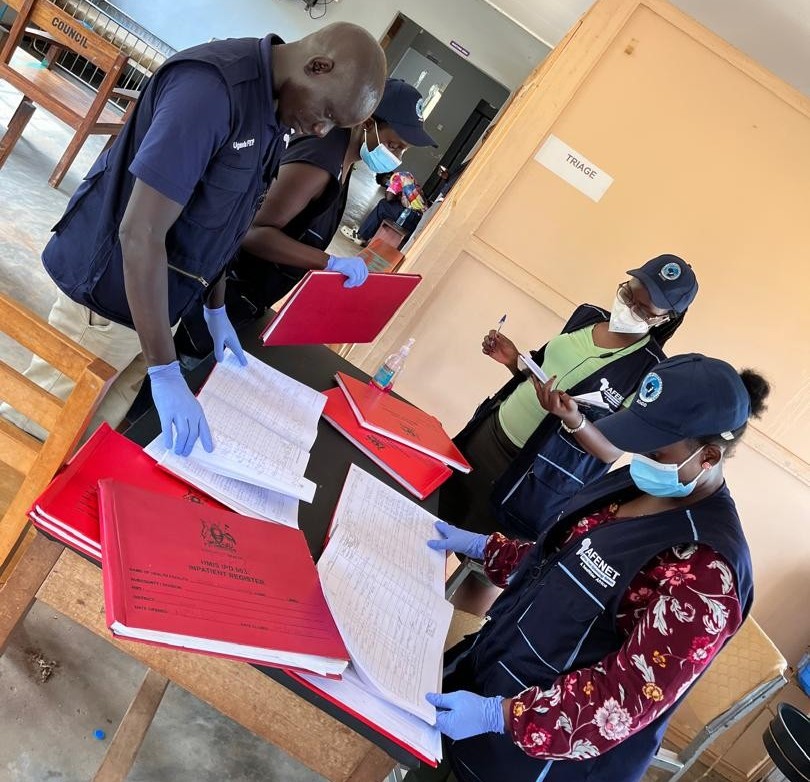
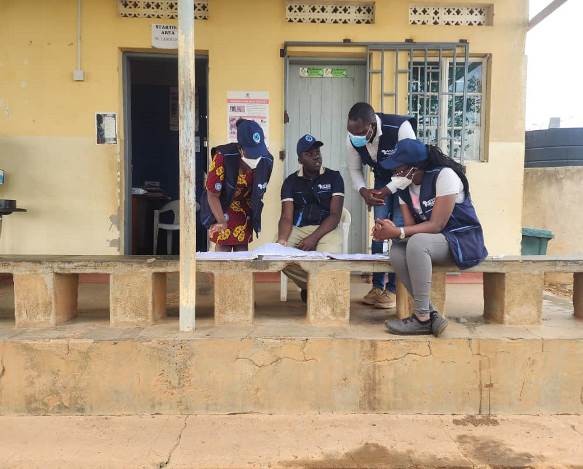
The recent active Ebola case search in Uganda provided key insights into disease surveillance, outbreak investigation, and response strategies. Below are the major lessons learned from a case finding and contact tracing exercise by the Makerere School of Public Health Field Epidemiology team working with the Uganda Ministry of Health and in partnership with the African Field Epidemiology Network:
1. The Importance of Early Detection and Rapid Response
Ebola Virus Disease (EVD) is a severe and often fatal illness that spreads rapidly if not detected early. The proactive efforts by the Ministry of Health (MoH), in collaboration with the Makerere School of Public Health (MUSPH) and AFENET, demonstrated the critical need for early detection through active case finding and contact tracing. Strengthening rapid response mechanisms ensures that potential cases are identified and isolated before widespread transmission occurs.2. Effective Surveillance Relies on Strong Health Information Systems
A major challenge encountered during the case search was poor documentation in many health facilities. Incomplete patient records, lack of symptom documentation, and missing contact details hindered effective case follow-up. Enhancing data collection protocols and digitizing health records can significantly improve disease surveillance and patient tracking.3. Community Engagement Enhances Case Finding
Engaging boda boda riders, local leaders, and community members proved valuable in expanding the search area and identifying unreported cases. Community-based surveillance is crucial for bridging gaps in formal health reporting systems and ensuring that no potential case is overlooked.4. Strengthening Infection Prevention and Control (IPC) Measures
Throughout the case-finding exercise, adherence to IPC measures was paramount in preventing transmission. The availability of personal protective equipment (PPE), proper hygiene practices, and facility-based disinfection exercises played a significant role in safeguarding both health workers and the public. Continued investment in IPC training and resources remains essential.5. Overcoming Challenges in Facility Access and Record Retrieval
Some health facilities were hesitant to grant access to medical records, citing privacy concerns. Others lacked proper record-keeping systems, leading to difficulties in identifying suspected cases. Clear policies on data-sharing for public health emergencies and training health facility staff on standardized documentation can help address these barriers.6. The Role of Inter-Agency Collaboration in Epidemic Response
The coordinated efforts between MoH, MUSPH, and AFENET were instrumental in the success of the case search. Multi-sectoral partnerships enhance resource mobilization, knowledge sharing, and the overall efficiency of outbreak response efforts. Strengthening these collaborations will ensure better preparedness for future health crises.7. The Need for Continuous Training and Capacity Building
The engagement of public health students from Makerere University provided them with hands-on experience in outbreak investigation. Practical training opportunities in real-world settings equip future epidemiologists with essential skills in disease surveillance, risk communication, and data analysis. Investing in workforce development is crucial for sustaining effective epidemic preparedness.Conclusion: A Call for Strengthened Surveillance and Preparedness
The five-day Ebola case-finding mission underscored the importance of early detection, robust health information systems, community engagement, and strong inter-agency collaboration. While challenges such as poor documentation and limited facility access were encountered, the experience highlighted areas for improvement in Uganda’s outbreak response capacity. Moving forward, strengthening surveillance systems, improving data management, and fostering community partnerships will be key to enhancing public health emergency preparedness. The dedication of Uganda’s public health workforce, supported by institutions like MoH, MUSPH, and AFENET, remains vital in safeguarding communities against future outbreaks.